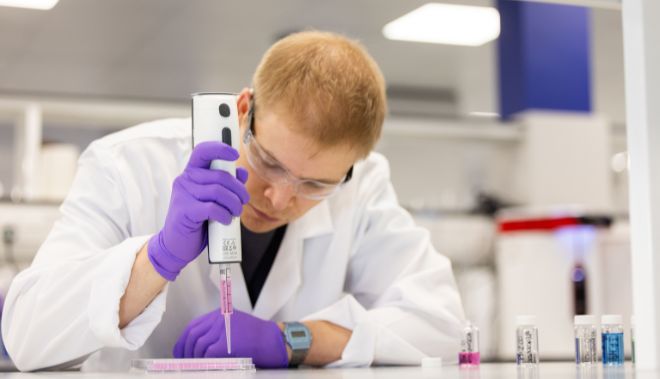We often assume communication is straightforward, something everyone naturally gets right. But in reality, effective communication is a skill that requires intention, structure, and experience. Whilst CDMO project managers are experts in effective communication, their ability to streamline the flow of information to and from client organisation hinges on the communication frameworks integrated into the CDMO itself.
In every CDMO, clients are typically assigned a single point of contact to coordinate the programme. But sponsors scoping out potential CDMO partnerships are asking questions beyond the programme management team. For example, is there direct access to senior leadership? What tools do PM have to live track project updates? What practices does your CDMO have in place for managing a balance between all current projects?
Sponsors face shifting priorities, evolving regulatory landscapes, and competitive pressures. When these challenges arise, they may need more than just their project management team, they could also need direct access to subject matter experts (SMEs) and executive leadership. Many CDMOs struggle to provide this level of access, especially when larger clients dominate internal resources.
Upperton’s model is built to overcome this. Every client, regardless of size, has direct access to SMEs and senior leadership. Project teams include specialists in formulation, GMP manufacturing, analytical sciences, QA, tech transfer, and regulatory affairs. Crucially, each project is overseen by a member of the executive leadership team, ensuring decisions are made quickly and customer priorities stay front and centre.

Framework: How to Evaluate CDMO Communication Before You Commit
For sponsors scoping out potential CDMO partners, here’s a practical framework to assess communication quality before signing a contract:
Access Audit
Transparency
Responsiveness
Scalability & Prioritisation
Question
Who will be on your project team? Will you have access to SMEs and C-suite?
What tools and systems are used to track project progression?
How quickly does the CDMO respond to questions and queries?
How do they balance resources across different sized clients?
Evaluation criteria
Is access PM conditional on project size and urgency?
Are updates real-time and detailed or generic and infrequent?
Can they provide case studies or anecdotes detailing how they’ve handled unexpected challenges in past projects.
Will your project be deprioritised if a bigger client has an urgent need?
Navigating Complexity Together
Communication becomes even more critical in today’s regulatory environment. The revision of Annex 1 has tightened sterile manufacturing guidelines, and long lead times make small batch production for early-phase trials harder to secure.
Upperton’s science-led, responsive approach helps clients navigate these complexities.
“Our ideal customers don’t have huge internal resources that can cover every base of development,” Whitfield explains. “We can offer all of that to those types of customers and our values align really well with them very collaborative, very science-led.”
This alignment is especially important for emerging biotechs, who must demonstrate a clear path to commercialisation early in development to appease funding bodies. A CDMO that communicates well can help sponsors solve technical issues, anticipate regulatory hurdles, and build a roadmap to market.
Outside of funding logistics and proving pipelines, drug development is also personal. Sponsors spend years nurturing a molecule before handing it over to a CDMO. That emotional investment demands a partner who shares their passion.
For that reason, it is important to find a partner that gets excited about the science, invests in the vision, and builds a relationship that endures. When challenges arise, as they inevitably do, it’s the strength of the partnership that determines the outcome.

At this moment in the drug development world, timelines are tight, regulations are evolving, and the stakes are high. Therefore, communication is a necessity where communicative mistakes can lead to repercussions as severe as technical mistakes. By using the framework above, sponsors can identify partners who don’t just deliver projects, but build relationships that last.
Additional Resources
Understanding the Roles of CROs, CMOs, and CDMOs

How to Secure a Successful Outsourcing Agreement
A Contract Development and Manufacturing Organisation (CDMO) contract is a formal agreement between a pharmaceutical company and a CDMO. This contract outlines the terms under which the CDMO will provide services such as drug development, manufacturing, and related support. Establishing a clear and comprehensive CDMO contract is essential for both parties to ensure mutual understanding and successful collaboration.

CDMO Services: Enhancing Drug Development and Manufacturing Efficiency
A Contract Development and Manufacturing organisation (CDMO) provides comprehensive services to pharmaceutical and biotechnology sectors. These services encompass the entire lifecycle of drug development and manufacturing, from initial research through to commercial production. By partnering with a CDMO, you can leverage their expertise and infrastructure, allowing you to focus on your core competencies.
